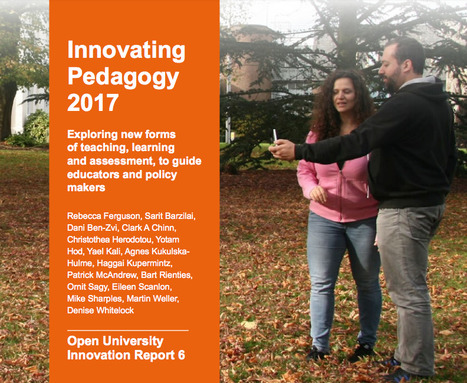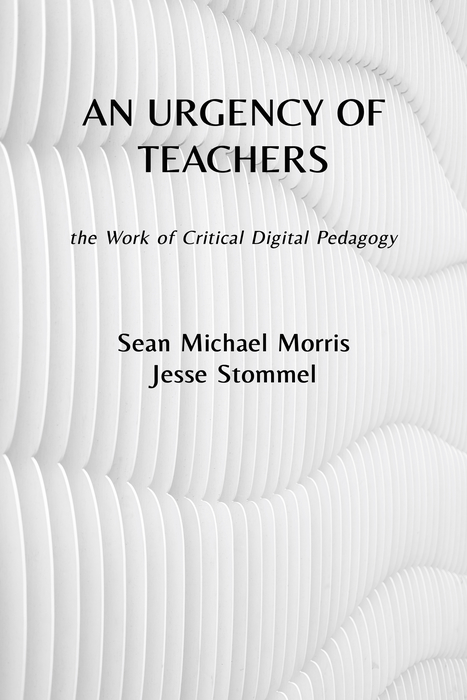Research and publish the best content.
Get Started for FREE
Sign up with Facebook Sign up with X
I don't have a Facebook or a X account
Already have an account: Login
 Your new post is loading... Your new post is loading...
 Your new post is loading... Your new post is loading...
|

Victor Hugo Rojas B.'s curator insight,
September 17, 2018 11:24 AM
Continue to build on the knowledge of Digital pedagogy. |














"WHAT TRIGGERS THIS NEW PEDAGOGY?
Changes in society, student expectations, and technology are motivating university and college faculty and instructors to rethink pedagogy and teaching methods.
New Demands of a Knowledge-Based Society
There are three separate factors at work in the knowledge-based society. The first is the continuing development of new knowledge, making it difficult to compress all students need to know within the limited time span of a post-secondary program or course. This means helping students to manage knowledge - how to find, analyze, evaluate, and apply knowledge as it constantly shifts and grows.
The second factor is the increased emphasis on applying knowledge to meet the demands of 21st century society, using skills such as critical thinking, independent learning, the use of relevant information technology, software, and data within a discipline, and entrepreneurialism. The development of such skills requires active learning in rich and complex environments, with plenty of opportunities to develop, apply, assess and practice such skills.
Thirdly, it means educating students with the skills to manage their own learning throughout life, so they can continue to learn after graduation.
New Student Expectations
Even the most idealistic students expect to find good jobs after several years of study, jobs where they can apply their learning and earn a reasonable income. This is especially true as tuition and other educational costs increase. Students expect to be actively engaged in and see the relevance of their learning to the real world.
Today's students grew up in a world where technology is a natural part of their environment. Their expectation is that technology is used whenever appropriate to help them learn, develop essential informational and technological literacy skills, and master the fluency necessary in their specific subject domain.
New Technologies
Continuing advances in digital technologies, social media, and mobile devices such as smartphones and tablets, give the end user, the student, much more control over access to and the creation and sharing of knowledge. This empowers students, and faculty and instructors are finding ways to leverage this enhanced student control to increase their motivation and content relevance."